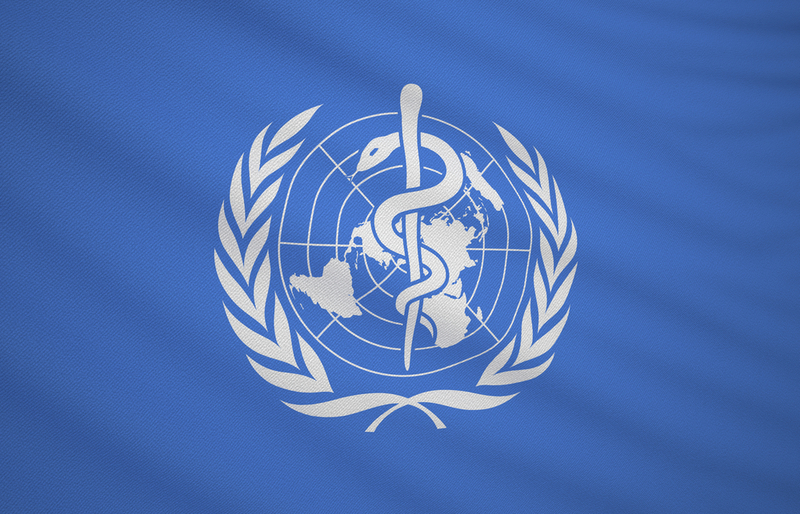The World Health Organisation, which has come under repeated fire from the US President, says the science is still unclear on an old malaria drug he's taking to try to defend against the novel coronavirus.
For our comprehensive coverage and latest updates on COVID-19 click here.

It says it recommends the drug's use for COVID-19 only in controlled clinical trials for now. Dr Michael Ryan, the WHO's emergencies chief, notes the drug hydroxychloroquine which the US President said May 18 that he's taking is just one of many possible therapies being now tested internationally to see if they are effective against the novel coronavirus. His comments late May 20 suggested WHO remains unbowed by the President's repeated criticism over its response to the coronavirus pandemic including most recently his threat to end all funding for the UN health agency from its biggest donor, the United States, if it doesn't reform.
Ryan nonetheless emphasized countries can make their own choices. Every sovereign nation, particularly those with effective regulatory authorities, is in a position to advise its own citizens regarding the use of any drug, he said. I would point out however that at this stage (neither) hydroxychloroquine nor chloroquine have been as yet found to be effective in the treatment of COVID-19 or in the prophylaxis against coming down with the disease, he said. In fact, the opposite in that warnings have been issued by many authorities regarding the potential side effects of the drug."
Based on laboratory, animal and clinical studies, WHO is overseeing what it calls Solidarity Trials involving a number of countries on four possible treatments for COVID-19: remdesivir, which was previously tested as an Ebola treatment; the HIV treatment lopinavir and ritonavir; multiple sclerosis treatment interferon beta-1a; and related drugs chloroquine and hydroxychloroquine, which have been used to treat illnesses including malaria and rheumatoid arthritis. "As WHO, we would advise that for COVID-19 these drugs be reserved for use within such trials, Ryan said.
The US President announced he was taking hydroxychloroquine, which he has repeatedly played up as a treatment for coronavirus, on May 18 the same day he sent a letter to WHO Director-General Tedros Adhanom Ghebreyesus threatening to end US funding for the agency unless it commits to substantive improvements in the next 30 days.
The US President's own administration has warned hydroxychloroquine can have deadly side effects, and both the European Medicines Agency and the U.S. Food and Drug Administration warned health professionals last month that the drug should not be used to treat COVID-19 outside of hospital or research settings due to numerous serious side effects that in some cases can be fatal.
The US President has repeatedly criticized the WHO for its early response to the coronavirus outbreak and what he considers its excessive praise of China, where the outbreak began, at a time when his administration's own response in the U.S. has come under scrutiny. The US President has already ordered a pause in US funding for the WHO, which totaled nearly USD 900 million in 2018-19, according to information on the agency's website. That represented about one-fifth of its total USD 4.4 billion budget for those years.